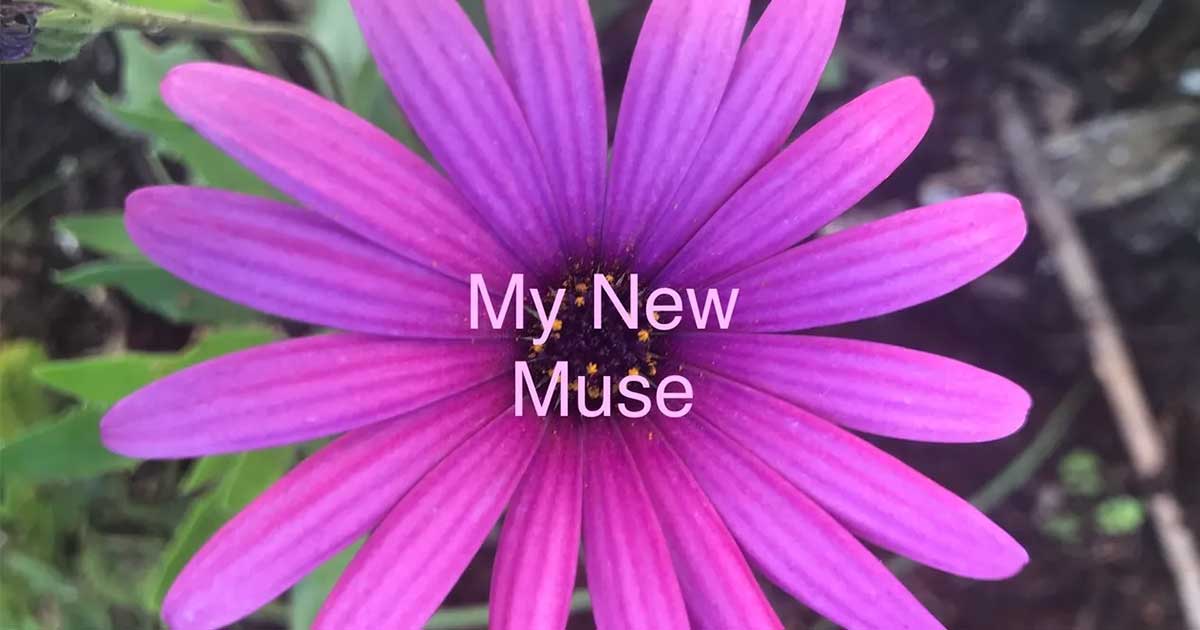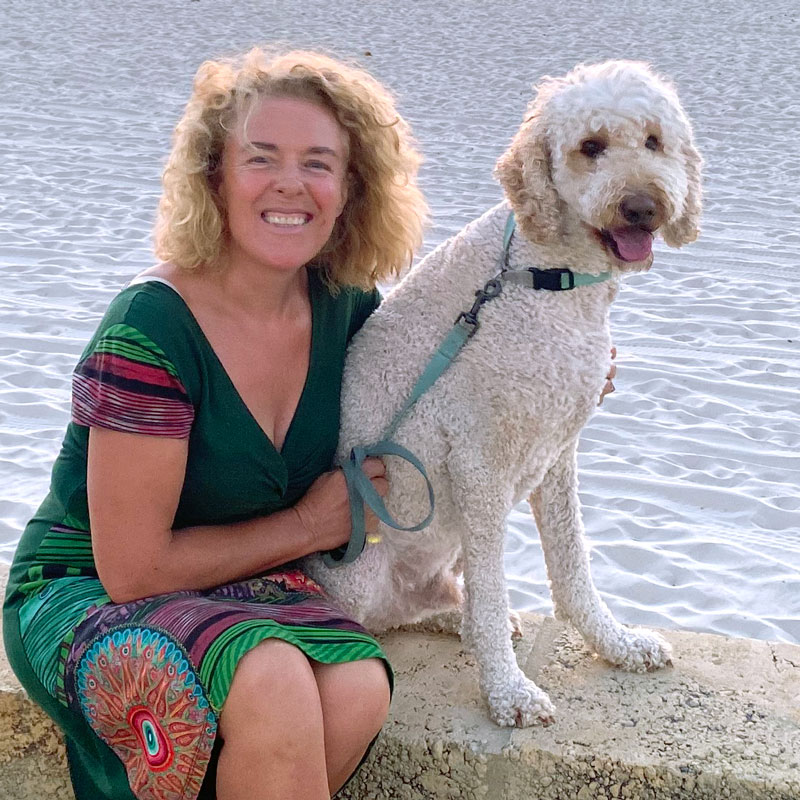The Irish playwright, novelist and essayist, John B Keane famously said that,
Drink in moderation is one of the most ridiculous statements ever made. You must drink a little more than moderation.
Sadly, he passed away in 2002 at the age of 73 after an eight-year battle with cancer leaving behind his wonderful tales that capture the foibles and follies of the Irish told with compassion and humour.
John B Keane was open about his drinking when he said that ‘no man was ever born into this world with a more passionate love of liquor than myself’. Yet he often wondered if it was damaging him. It was during an interview that he and his wife gave in 1971 that we get the gist of these concerns. Mary tells the interviewer that ‘A few times John said he was going to give up the drink. After three days, we said go away and take a drink. He was walking up and down, banging on doors, eating bars of chocolate. So, we said ‘here, drink it’. And that’s the way it is. We like him to take a drink as we think it keeps him happy.’
James Joyce also admitted to having a drinking habit and even claimed that it helped him write. He is said to have believed that it heightened feelings and he could not write as well without it. He told his biographer, Richard Ellman that he drank ‘to forget his troubles and circumvent his reticences’. Joyce grew up around a father who spent a lot of time and money drinking and who later provided the inspiration for Simon Dedalus in A Portrait of the Artist as a Young Man and Ulysses who is in denial that his life has been ruined by alcohol.
Throughout Ulysses, alcohol and drinking is an undeniable reoccurring theme with many of the characters probably under the influence given the amount of time they spent in the pub. In the Dubliners we find many references to ‘delirium tremens’ and alcoholic psychosis which Joyce uses to highlight the personal downfall caused by drinking.
Samuel Beckett was another Irish writer who suffered a fraught relationship with alcohol. It has been well documented that he became noticeably introverted while studying at Trinity College, taking to the pub to drink alone.
Among the many Irish literary figures who succumbed to the toxic influence of alcohol were Flann O’Brien and Brendan Behan. Maybe the booze was their muse for a time, but ultimately it proved to be the curse that sent them to an early grave.
As someone who spent close to four decades imbibing the mind-altering liquid while aspiring to be a writer, I developed a curiosity around the relationship between Irish writers and the consumption of alcohol. There was a time when I believed that drinking and writing went together like holy water and blessings. Yet I felt as though the only place my writing was taking me was down several rabbit holes. A couple of years ago I decided to give my mind and body a rest from the booze so that I could address my curiosity. Let’s face it – the only way to know how something is affecting you is to go without it for a while, right? That was when I discovered where I’d been going wrong all those years. I found that there is clarity without the claret, like sunshine squeezing through a gap in the curtains and bringing light into a darkened room.
My first realisation was hard-hitting. Alcohol was never going to make me a better writer because I am not a literary genius in the way that both James Joyce and Samuel Beckett were.
The second realisation was more beneficial. I came face-to-face with the anxieties that had plagued me from a young age. It became clear that it was my social awkwardness that lent itself well to the power alcohol had over me. The allure of the pub and the social interactions that were contained within it was something I never could embrace without a strong drink in hand. When I dug deeper, I uncovered all sorts of other feelings that had either been enhanced by drinking or numbed by it.
To put this into the context of my writing life, I began to see that writing requires a certain fearlessness as it is a form of exhibitionism. In putting myself ‘out there’, I am making myself vulnerable. Alcohol is one way, although not a healthy way, to take the edge off that fear. Writing requires a desire to understand the human condition. Any writer worth their weight will take an interest in being with people and endeavour to understand how they experience life. As a deeply anxious and dithering adolescent, and in awe of Beckett, Behan, Joyce and Wilde, I believed alcohol was a saviour. This attitude was normalised by the culture around me during my formative years in Ireland.
A bit of ‘Dutch courage’ was often prescribed by those I looked up to when doubt about my own abilities crept in. I got used to the belief that alcohol gave me the confidence that I needed to talk to people. Looking back now with a sober perspective, I can see that alcohol didn’t take my anxiety away, it only temporarily numbed it. As soon as the numbing wore off, the anxiety returned, and usually with a vengeance. The hair of the dog was a perceived friend on many an occasion. My sober perspective also allows me to see how unproductive I really was during the years I spent as a writer in London. I cringe at how badly I wrote then, in comparison to how I write now in sobriety.
Alcohol has shown to cause lasting damage to the brain in the form of shrinkage in the hippocampus region. In a recent study that came out of Oxford University, it was found that people who drank 4 or more drinks per day had 6 times the risk of brain damage compared to non drinkers. And that’s the thing. We know so much more about the effects of alcohol on the human body now than they did a hundred years ago. It amazes me to think how the likes of Beckett, Joyce and John B Keane functioned at all, let alone create the masterpieces of Irish literature that are still enjoyed today. I take this as proof of their literary ingenuity.
My sober perspective ensures that I can see that alcohol did not give these writers their genius, but instead they got a false sense of reality in which they created a space for themselves to write. It saddens me to think of the struggles they endured with their mental health. Thanks to my sobriety, I have proven to myself that anxiety and depression are exacerbated by drinking, not helped as we were led to believe.
Who remembers the poster of the colourful toucan balancing a pint of Guinness on his beak with the caption ‘Guinness is Good for You’? Drinking in Ireland is engrained in our psyche as something that brings you closer to God. It is a ritual that forms part of daily life for many people. Some of these people live by the Oscar Wilde quote ‘Work is the curse of the drinking classes’ and think that happiness is found at the bottom of a glass. Until they change that mindset and wake up to the truth of the toxic impact alcohol has on the brain’s ability to function well, they will continue to chase happiness in a glass, and it will continue to evade them.
Two contemporary Irish authors who have embraced sobriety that I know of are Ciara Geraghty and Marian Keyes. In an interview with the Irish Independent earlier this year, Ciara likened her decision not to drink anymore with ‘an act of rebellion’, labelling it as ‘countercultural’.
“And I’m very glad. So, I’m delighted to talk about the positives of having stopped” she told Liadán Hynes. “Because people who drink, they don’t really believe you that life is way better. There are no hangovers, but also at every event you’re very present, you’re at things because you want to be there. Some people say to me, ‘how can you have any fun if you’re not drinking?’ It’s not the alcohol that makes it fun. It’s actually the people who make it fun. The alcohol allows people to loosen the bonds that they put around themselves, and to just be themselves. When you can actually just be yourself, all by yourself,” she says, with a smile.
“Being a sober person in Ireland, it’s not for the faint-hearted,” she reflects now. “I did worry about how people would perceive me; would they think I’m not great craic anymore. That’s all really about me, in my head. Some things changed in terms of how I conducted my social life, but really, for the most part, my friends are still my friends, and [pre-lockdown] we go to the theatre, we go to writers’ events, we go for walks, we go for coffee, we sit outside in beer gardens, all of those things are still there.”
Best-selling Irish author Marian Keyes said she used alcohol as a crutch. In an interview on the Tommy Tiernan Show Marian said, looking back, she feels compassion for herself as she sees now how she was unable to deal with her feelings and build relationships.
I hadn’t a clue how to be in the world. I hadn’t a clue how to manage my own feelings. I hadn’t a clue how to manage relationships. I was just lost.
She said her world changed for the better when the drinking ceased.
I stopped and suddenly the world is full of colour and loveliness.
I echo these sentiments, but I will add that life still throws me lemons. Instead of making a Gin & Tonic with the lemons though, I go out into nature and breathe. In quitting alcohol, I found connection with the muse that is mother nature, I embraced the power of love and I’ve cultivated the desire to write words that will leave a positive impact on a reader. I hope I have achieved this today.

